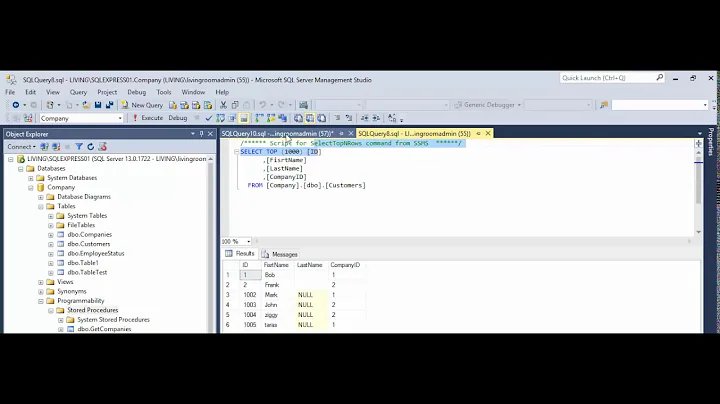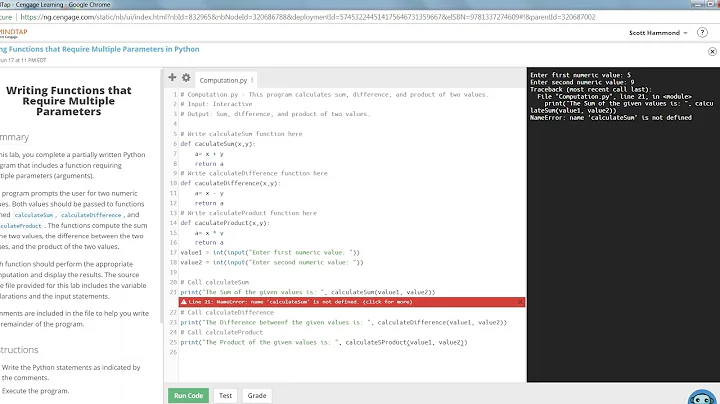How can I pass multiple parameters and use them?
44,352
Solution 1
Do not specify parameterType but use @Param annotation on parameters in mapper:
@Mapper
public interface MyMapper {
void update(@Param("a") A a, @Param("b") B b);
...
}
Then reference them in mapping:
<update id="update" >
UPDATE SOME WHERE x=#{a.x} AND y=#{b.y}
</update>
Solution 2
Use parameterType="map" and @Param annotation.
Method declared in interface:
void mapCategoryAndPage(@Param("categoryLocalId") Long categoryLocalId, @Param("pageLocalId") Long localId);
It is not required that value of @Param annotation must be equal to name of parameter
<insert id="mapCategoryAndPage" parameterType="map">
INSERT INTO
category_page_mapping (
page_local_id,
category_local_id)
VALUES
(#{pageLocalId},
#{categoryLocalId});
</insert>
Related videos on Youtube
Comments
-
 Jin Kwon almost 2 years
Jin Kwon almost 2 yearsHi I'm new to myBatis.
I'm using MyBatis and Spring with mybatis-spring.
How can I pass two different types of objects as parameters, and how can I use their properties in query?
<update id="update" parameterType="A, B"> <!-- @@? --> UPDATE SOME WHERE x=A.x AND y=B.y <!-- @@? --> </update>-
 Eric almost 10 yearsPut multiple param into a map, as one param.
Eric almost 10 yearsPut multiple param into a map, as one param.
-
-
kiwiron almost 6 yearsWeird! Two downvotes 4 years after answering the question. Would the downvoters like to explain why?
-
brt over 5 yearsNot the downvoter, but probably because it's only your edit that even mentions multiple objects, which is what the question asked about, and 2. is plain wrong for multiple objects of different types. And you gave no code sample.
-
 p91paul about 5 yearsAlso option 1 is bad practice (passing a Map instead of the actual parameters is not a good idea) while option 2 is very inconvienent (requires creating a new class every time 2 parameters are required)
p91paul about 5 yearsAlso option 1 is bad practice (passing a Map instead of the actual parameters is not a good idea) while option 2 is very inconvienent (requires creating a new class every time 2 parameters are required)










